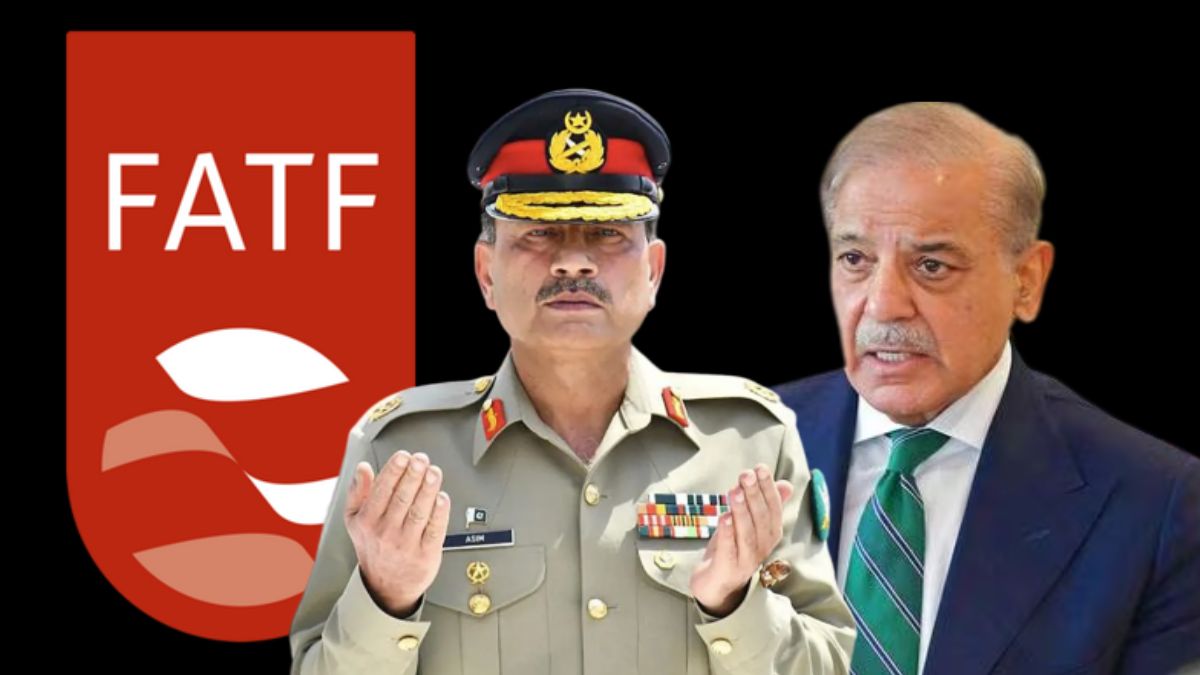FATF Condemns Pahalgam Terror Attack But Stops Short Of Calling Out Pakistan

The state funding of terrorist groups by Pakistan is well-known. However, FATF has skipped mentioning this in its condemnation of Pahalgam terror attack. Image courtesy: RNA
The Financial Action Task Force (FATF) has strongly condemned the Pahalgam terror attack on April 22, 2025 (which left 26 civilians dead) but did not single out Pakistan, despite its historical issues with terrorist financing.
“Terrorist attacks kill, maim and inspire fear around the world. The FATF notes with grave concern and condemns the brutal terrorist attack in Pahalgam on 22 April 2025. This, and other recent attacks, could not occur without money and the means to move funds between terrorist supporters,” the statement says.
What does FATF say about the Pahalgam attack and global terror financing?
FATF publicly denounced the Pahalgam attack, stating that without funds to enable violence, such acts could not occur. Since 2015, FATF has assisted over 200 jurisdictions in strengthening Counter‑Financing of Terrorism (CFT) measures.
It emphasised the role of financial intelligence in dismantling terror networks and flagged risks in emerging channels like social media fundraising, crowdfunding, and virtual assets.
A comprehensive analysis of terrorist financing cases — along with a public webinar — will follow to support policy and enforcement efforts.
Why is FATF not naming Pakistan over Pahalgam terror attack a missed opportunity?
It has long been known that Pakistan provides safe haven, funding, and logistical support to proscribed terrorist organisations such as Lashkar-e-Taiba, Jaish-e-Mohammed, and others operating in Jammu & Kashmir.
The Pahalgam attack should have offered an opportunity for FATF to go beyond generalities and confront this central issue: state complicity in terrorism financing.
Instead, the FATF’s statement uses abstract, sanitised language that condemns the act but avoids any attribution of responsibility. This is particularly concerning as FATF member states has already been provided detailed dossiers by India linking Pakistan’s military-intelligence establishment to terror groups.
Having lumped the Pahalgam attack into a broader context of global terrorism without distinguishing it as a product of cross-border terror infrastructure, the FATF seems to have reduced the specific threat India faces to a statistical data point. The language, “other recent attacks” and “terrorist attacks… around the world”, comes across as formulaic, lacking any recognition of the geopolitical uniqueness of the India-Pakistan situation.
What’s also missing is a sense of urgency, a call for specific measures against enablers of terrorism financing in the wake of a fresh, deadly attack.
What is Pakistan’s current standing with FATF?
Pakistan is still labelled as a “jurisdiction under increased monitoring” (grey list). Although it officially exited the list in October 2022, FATF retains serious concerns about the effectiveness of its anti‑money laundering/combating the financing of terrorism (AML/CFT) framework.
India has lobbied FATF to re-list Pakistan, citing its failure to prevent terror funding — particularly post-Pahalgam — but was countered by opposition from Pakistan’s diplomatic allies, including China and Turkey.







